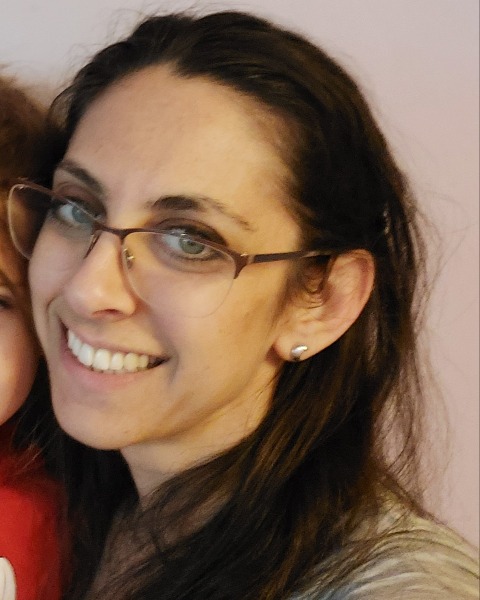Category: Labor
Poster Session III
(899) Critical analysis of risk factors for intrapartum death
Study Design:
This population-based cohort study included all singleton deliveries between the years 1991-2016 at a single tertiary medical center. Trends over the years, as well as risk factors for intrapartum fetal death and the effect of day of the week were examined. A generalized estimation equation (GEE) model was used to control for confounders.
Results:
During the study period 344,536 deliveries were recorded, of which 251 (0.1%) suffered intrapartum fetal death. Rates of intrapartum fetal death did not change significantly over the years (p=0.13, using the chi-square test for trends). Preterm delivery, placental abruption, uterine rupture, shoulder dystocia, congenital malformations, severe preeclampsia and fetal malpresentation were significantly more common in pregnancies complicated by intrapartum fetal death. Using a GEE model; shoulder dystocia (aOR =23.8 , 95% CI 9.9-57.3, p < 0.005), uterine rupture (aOR =19.0 95% CI 7.0-51.4, p < 0.05), preterm delivery (aOR=11.9, 95%CI 8.6-16.5, p < 0.001), placental abruption (aOR=6.2, 95% CI 4.1-9.4, p < 0.001), fetal malpresentation (aOR =3.6 , 95% CI 2.6-4.9, p< 0.005) and congenital malformations (aOR= 2.6 95% CI 1.9-3.5 , p < 0.05) were all independent risk factors for intrapartum fetal death. Weekend deliveries were not at increased risk of intrapartum fetal death.
Conclusion: Several independent risk factors were identified for intrapartum fetal death, with shoulder dystocia demonstrating the highest risk after controlling for confounders. Unfortunately most risk factors are neither preventable nor predictable and as of today despite major progress in technology, interventions to decrease the rate of intrapartum fetal death remain elusive.

Sharon Davidesko, MD
Gynecology and Obstetrics Resident
Soroka University Medical Center
Beer Sheva, Israel- LE
Levitas Etan, MD
Dr
Soroka University Medical Center
Beer Sheva, Israel, Israel 
Eyal Sheiner, MD,PhD
Head of department of Obstetrics and Gynecology B, Soroka University Medical Center
Soroka Medical Center
Omer, HaDarom, Israel
Tamar Wainstock, PhD (she/her/hers)
Department of Epidemiology, Biostatistics and Community Health Sciences, Faculty of Health Sciences, Ben-Gurion University of the Negev
Beer Sheva, HaDarom, Israel, Israel.jpg)
Gali Pariente, MD
Acting director of Fetal Maternal Unit B Division of Obstetrics and Gynecology
Soroka University Medical Center
Klahim, HaDarom, Israel

.png)
